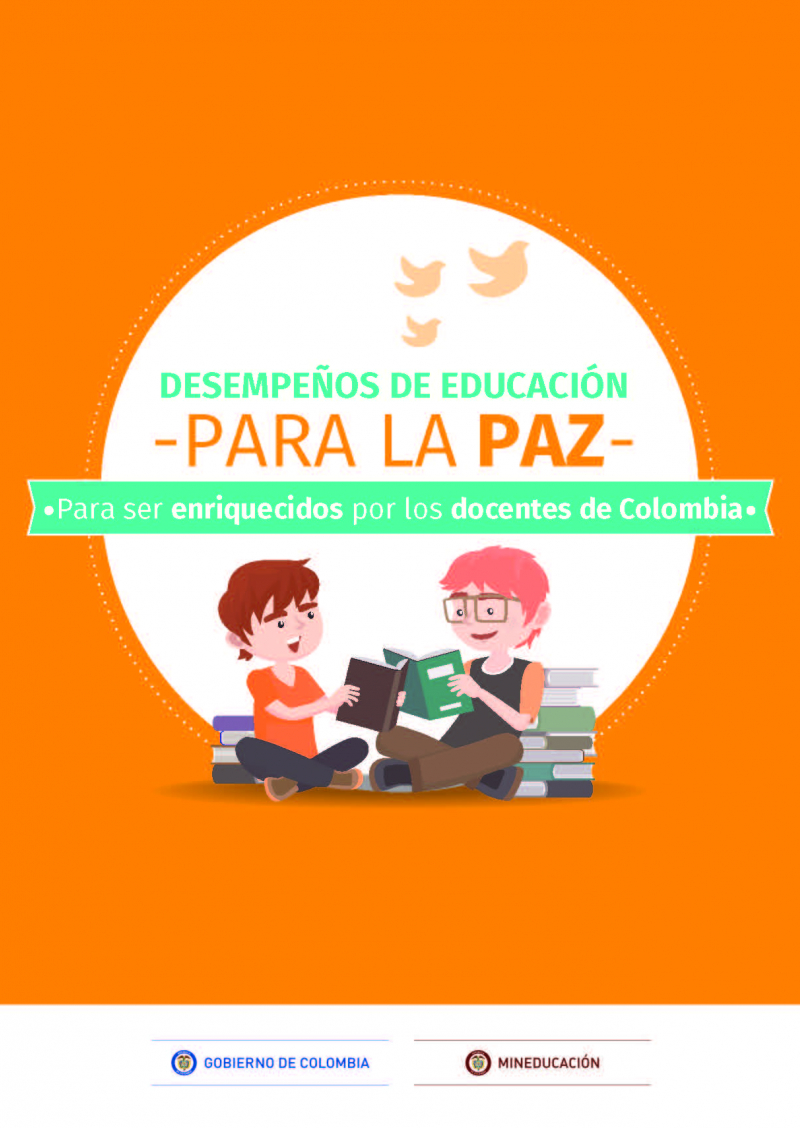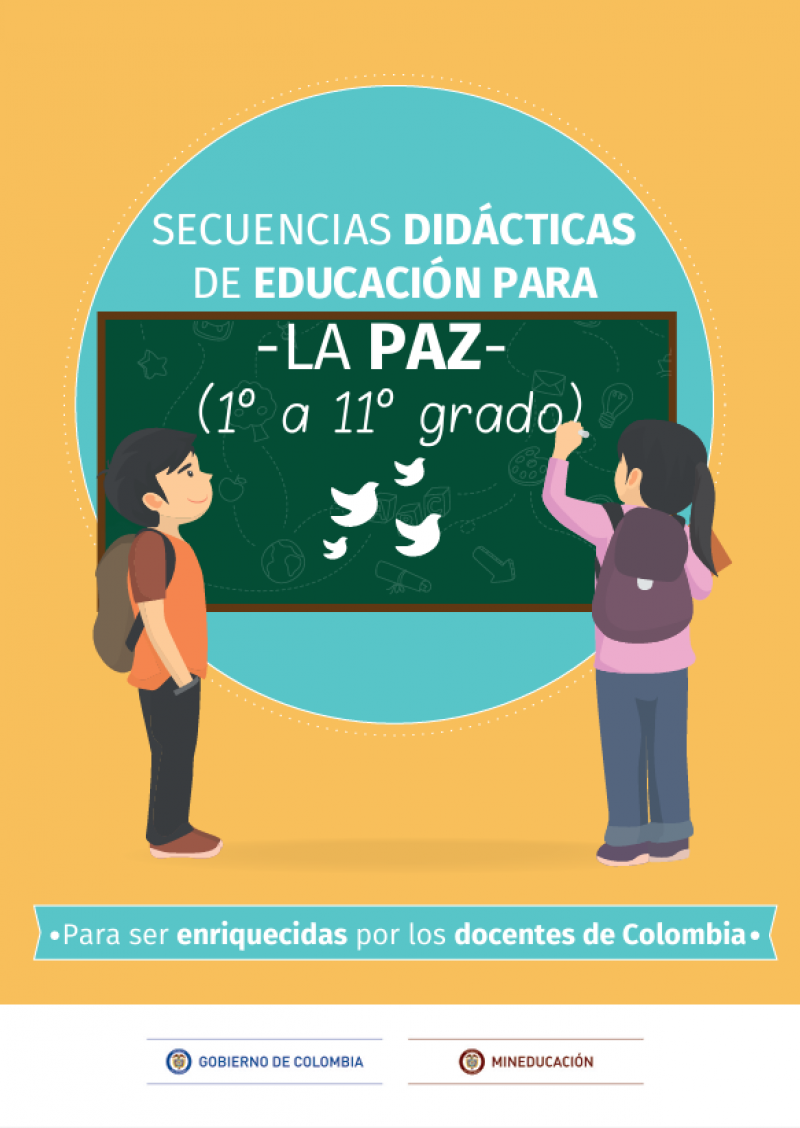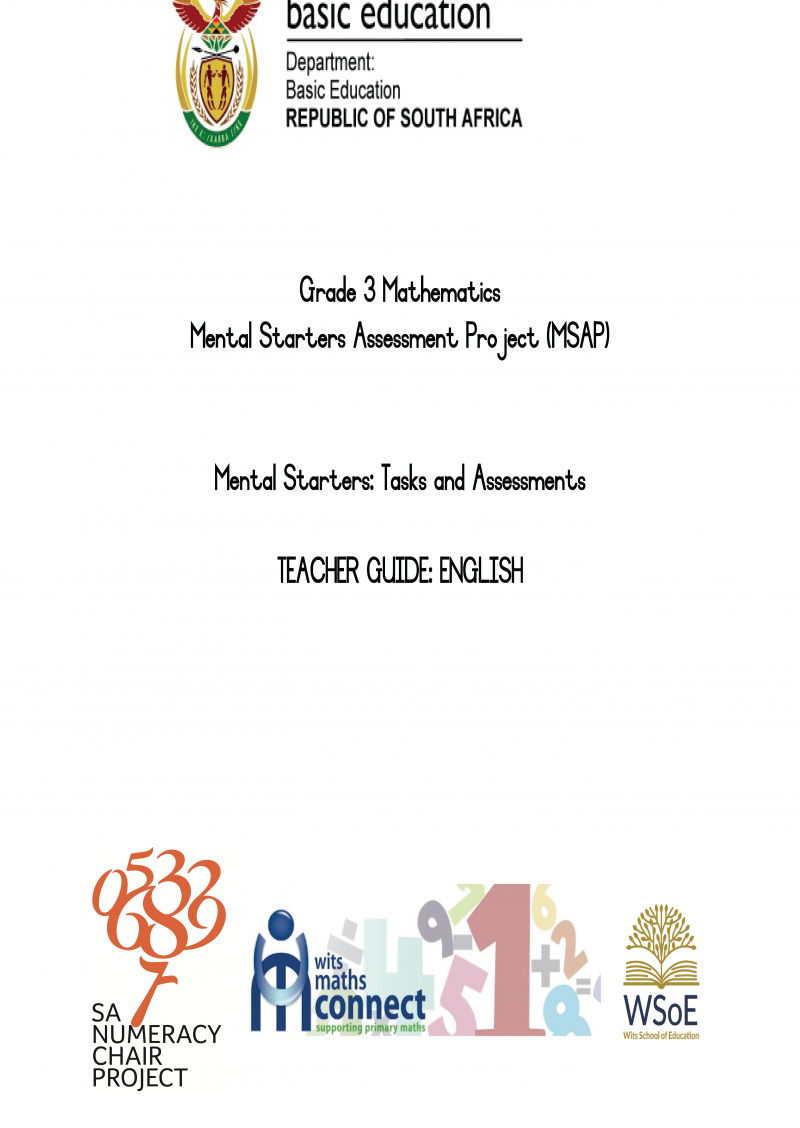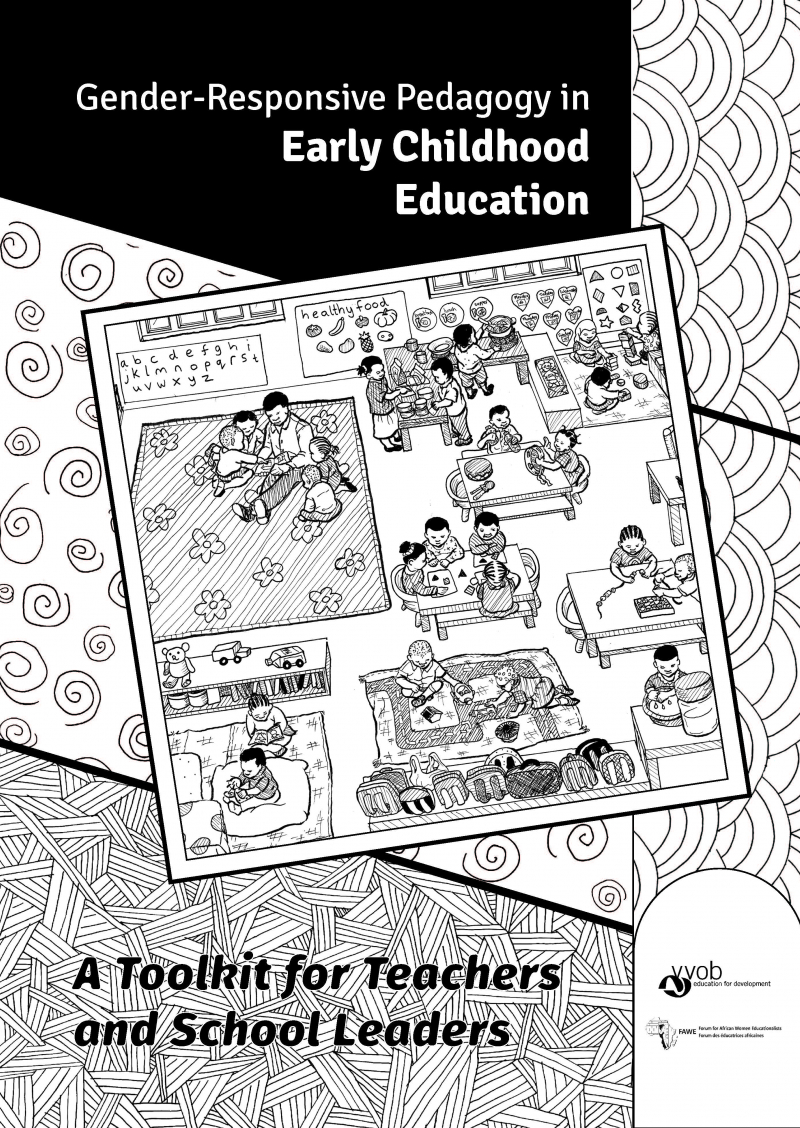Teacher Resource Centre
Displaying 1 - 7 of 7
STEAM +género - Una propuesta para fortalecer la educación inicial con equidad
Esta guía, creada en colaboración entre el Ministerio de Educación de Colombia y la Fundación Siemens Stiftung, con apoyo de la OEA, busca integrar el enfoque STEAM con perspectiva de género en la práctica docente. Centrada en los sistemas educativos de Colombia y Chile, promueve la equidad de género desde la primera infancia, fomentando la participación de niñas y niños en ciencia y tecnología. A través de experiencias educativas y políticas, se pretende reducir estereotipos de género y promover una educación inclusiva y de calidad.
Desempeños de educación para la paz
Este documento es una propuesta de diseños curriculares y desempeños de actividades a destinación de los docentes en el marco de la Cátedra de la Paz en Colombia. Propone actividades para alumnos desde el principio de la educación primaria, que se enfocan en el manejo de emociones y las interacciones con los demás, hasta el principio de la educación secundaria, con actividades enfocadas en competencias ciudadanas, y análisis sociohistórico. Está diseñado para ser apropiado y adaptado por los docentes.
Secuencias didácticas de educación para la paz
Este documento comisionado por el Ministerio de Educación y elaborado por universitarios propone secuencias pedagógicas en el marco de la Cátedra de La Paz en los establecimientos educativos preescolar, básica y media. Tiene como fin garantizar el fortalecimiento de una cultura de paz a través de los espacios de aprendizaje desarrollando competencias emocionales y cognitivas. Se proponen aquí algunas secuencias didácticas a disposición de los docentes para reproducir o adaptar en sus aulas.
Mathematics lesson starters for Grade 3 learners
A set of teacher guides containing each 6 Mental Mathematics Lesson Starter units for Grade 3 learners, in alignment with the South African curriculum. A different calculation strategy is in focus in each unit. These calculation strategies are taken from the curriculum. Each unit covers a particular group of connected skills, and the aim is to move learners on from counting in ones on their fingers or with tally marks on paper.
Each unit is three weeks long; it begins and ends with a short test for the learners. Marking these tests provides information for the teacher and the learners about how much they have improved in using that particular set of skills during the three weeks. Within each unit, the focus is on three types of calculations: fluency, strategic calculating and strategic thinking.
Working through the Lesson Starters in each unit should lead to improvements in learners’ performance from the pre to post-tests. These improvements show progress in mental mathematics skills and number sense.
The guide is available in 11 official languages of South Africa.
Gender-responsive pedagogy in early childhood education. A toolkit for teachers and school leaders
The toolkit offers an introduction to gender-responsive pedagogy in early childhood education and serves as a practical guide that can be adapted to any context and the related needs. It provides teachers at early education practical tips to ensure they are able to offer children a learning environment that is free of prejudice and stereotypes. It is a source of ideas that individual teachers and school leaders can put to immediate use in their classrooms and schools. The toolkit was pre-trialled in three countries: Rwanda, South Africa and Zambia, and it can be contextualised for implementation in different African countries.
Transformative pedagogy for peace-building
This guide is designed to build the capacity of teachers so that they are informed and empowered in why and how to educate for peace-building. It offers an analysis of conflict, examines the role of ethics, expands on the elements of transformative pedagogy and provides practical tools to assess learners’ understanding of peacebuilding concepts and skills. It concludes with 20 engaging activities to support experiential learning.
The guide was developed as part of the "Teacher Training and Development for Peace-building in the Horn of Africa and Surrounding Countries project", which has as a long-term goal to develop a critical mass of teachers able to implement effective teaching and learning essential for preparing peace-loving and productive youth in Eritrea, Ethiopia, Kenya, Somalia, South Sudan and Uganda.





